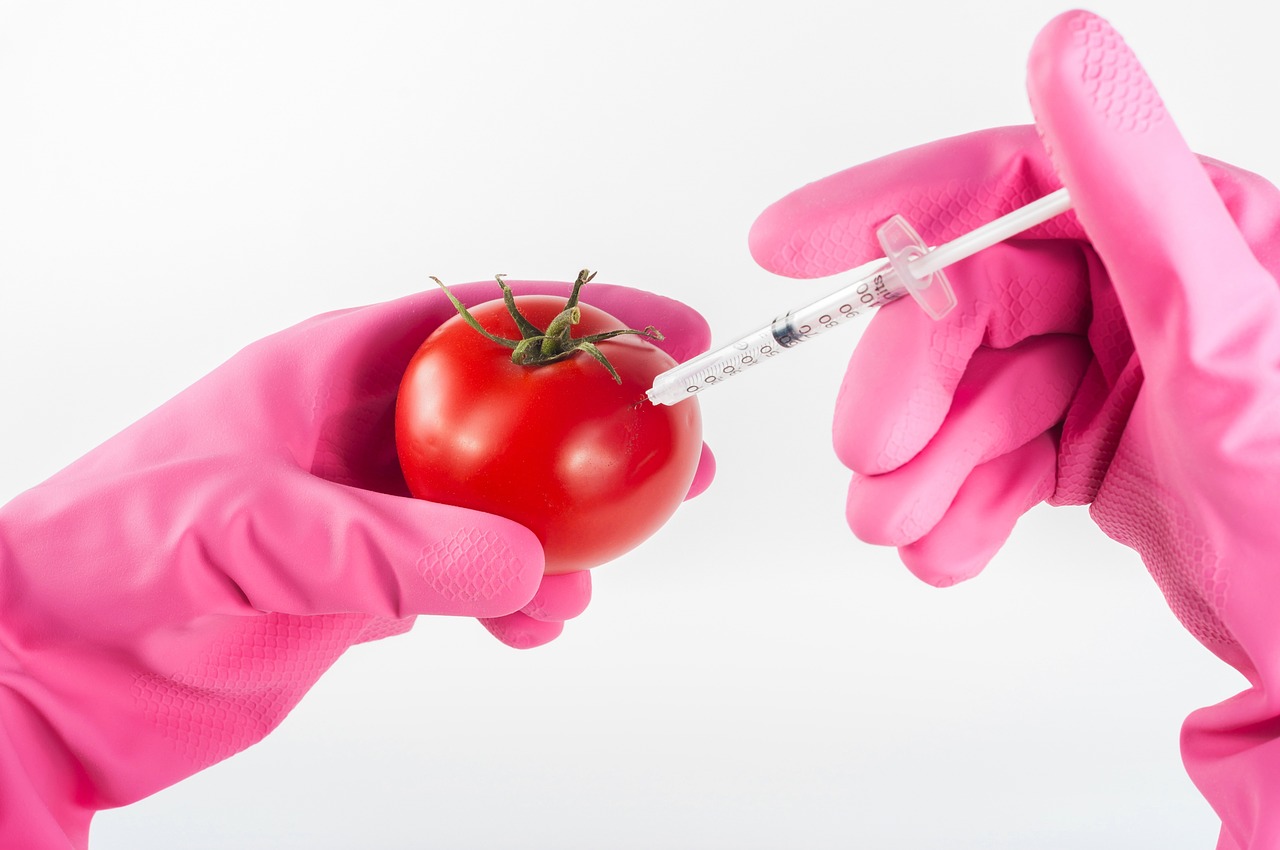Hungary's strategy remains unchanged, the Ministry of Agriculture stated after the start of negotiations in Brussels on the regulation of new GM techniques.Continue reading

Twenty years ago, the Cartagena Protocol on Biosafety to the Convention on Biological Diversity, regulating the transfer of genetically modified organisms, entered into force, according to a statement from the Ministry of Agriculture.
The Convention is the international biosafety treaty that regulates the transfer of genetically modified organisms (GMOs) between countries. The protocol was adopted on January 29, 2000, entered into force in 2003, and Hungary acceded to it in 2004. The agreement has been signed by 173 countries.
The Ministry of Agriculture pointed out that
the country is strongly committed to GMO-free agriculture. It is reflected by the new Fundamental Law, entering into effect in 2012, setting the goal of ensuring GMO-free food and agriculture in Hungary.

The possible authorization of GM varieties would result in the marginalization of domestic plant breeders and domestic seed production, increasing Hungary’s economic vulnerability. Photo via Pixabay
The Hungarian government rejects the recently published Brussels proposal of the European Commission to abolish the right of self-determination of Member States and the labeling obligation of plants produced with new genetic engineering techniques.
A number of simplifications would be introduced for the authorization of the second category of plants. In addition, for certain crops, no monitoring would be required, hence in future it would not be possible to know whether the product has adverse effects.
Hungary was the first country in Central and Eastern Europe to adopt Act XXVII of 1998 on genetic engineering, which is fully in line with international legislation. The protocol defines the concept of biosafety and ensures a uniform interpretation in each country.
The aim of international regulation is to ensure that the transfer, handling, and use of living modified organisms do not have adverse effects on biodiversity and human health.
Via MTI, Featured image via Facebook/Nagy István